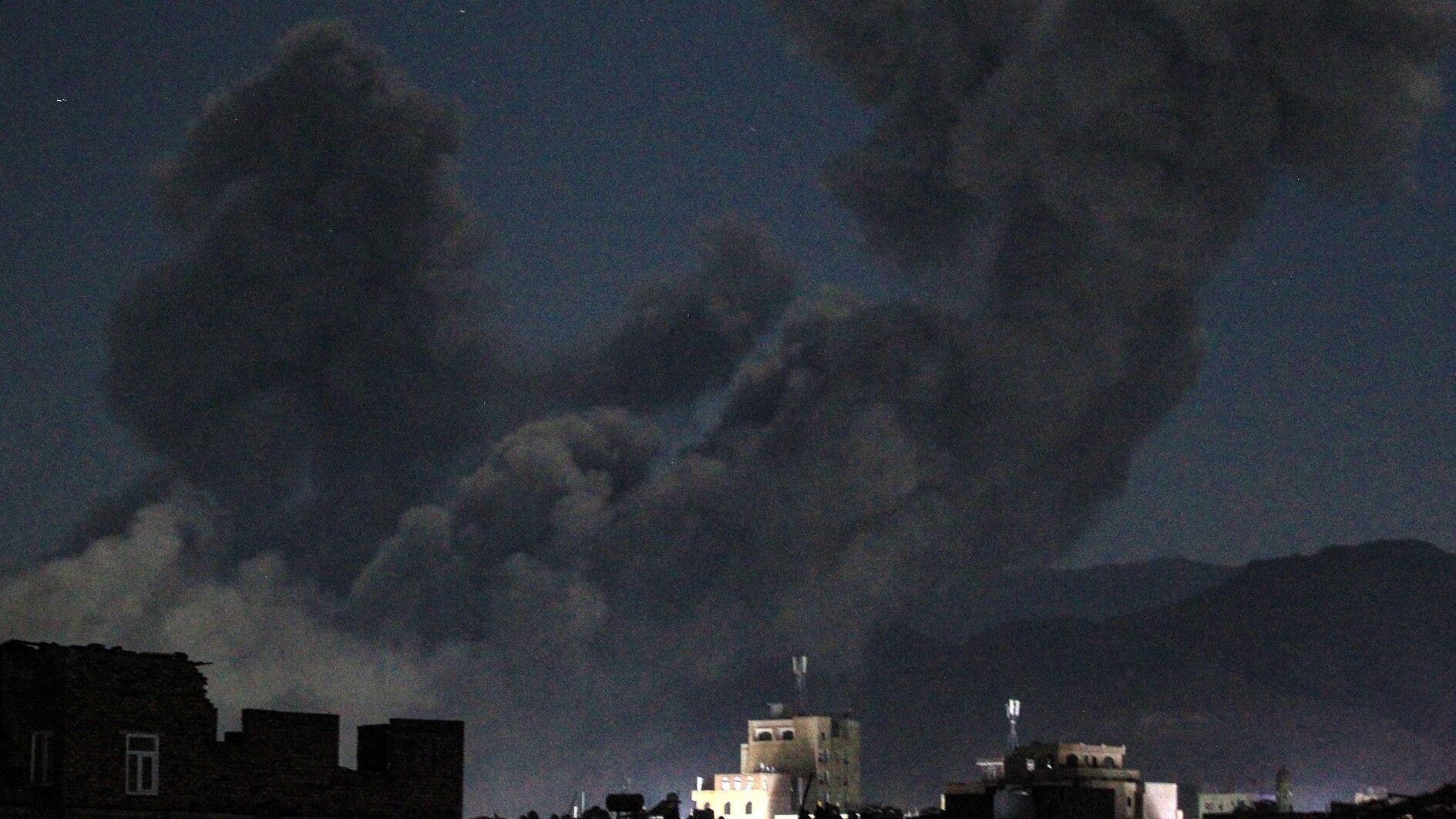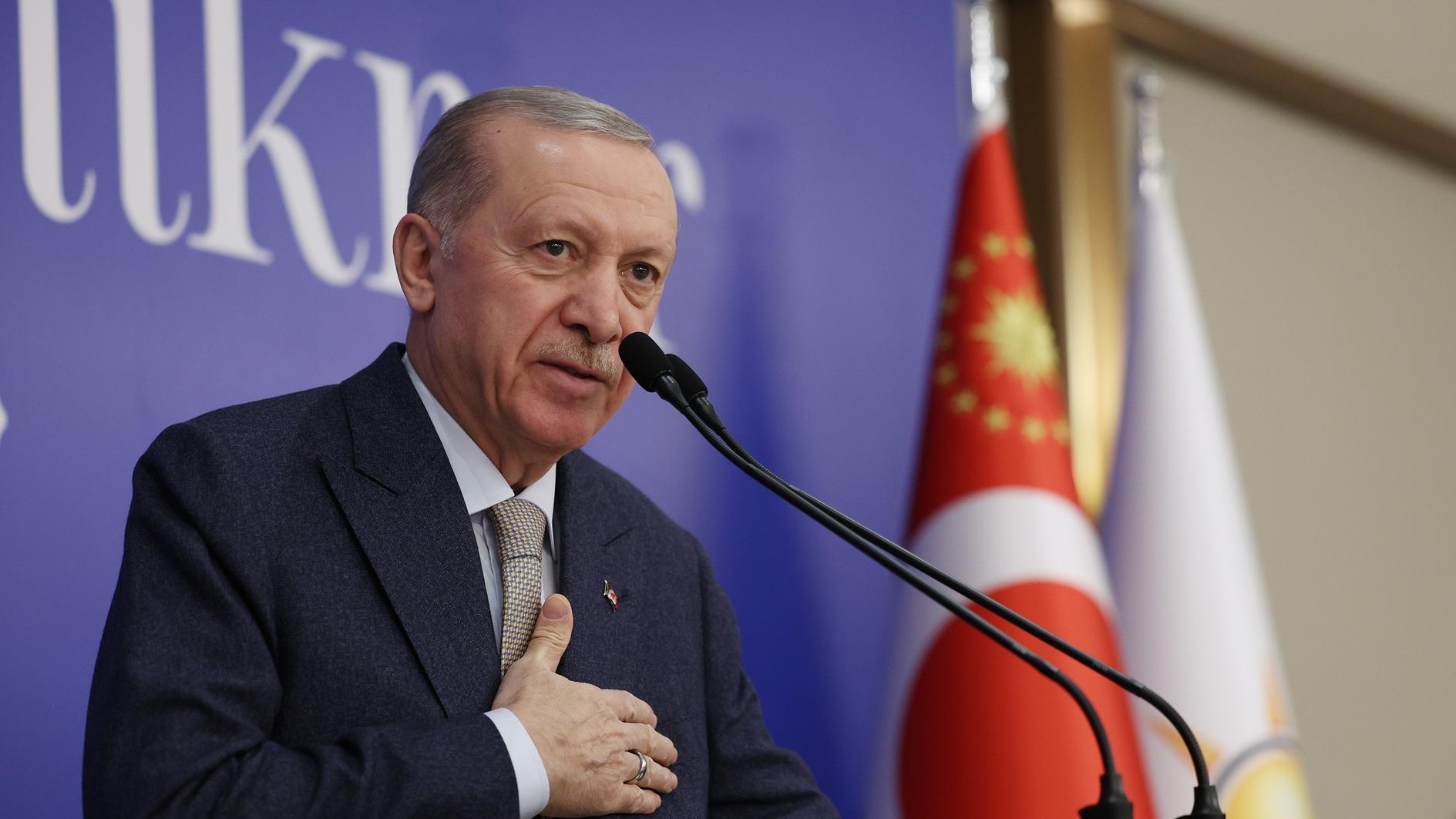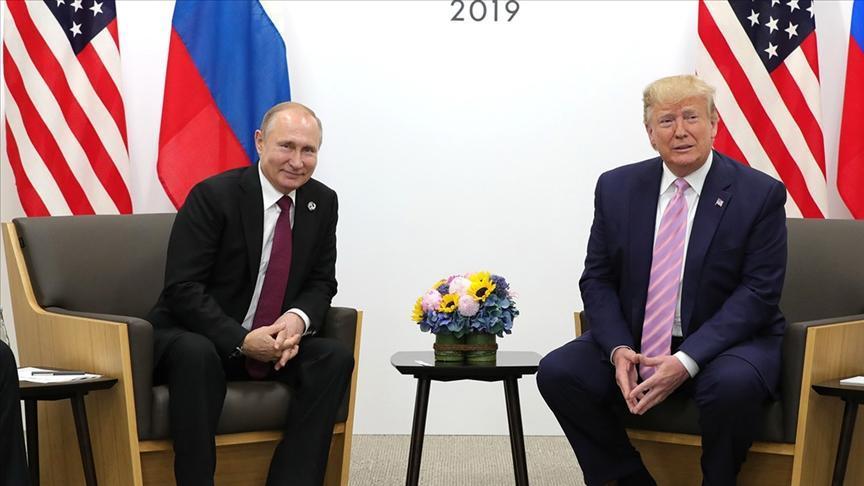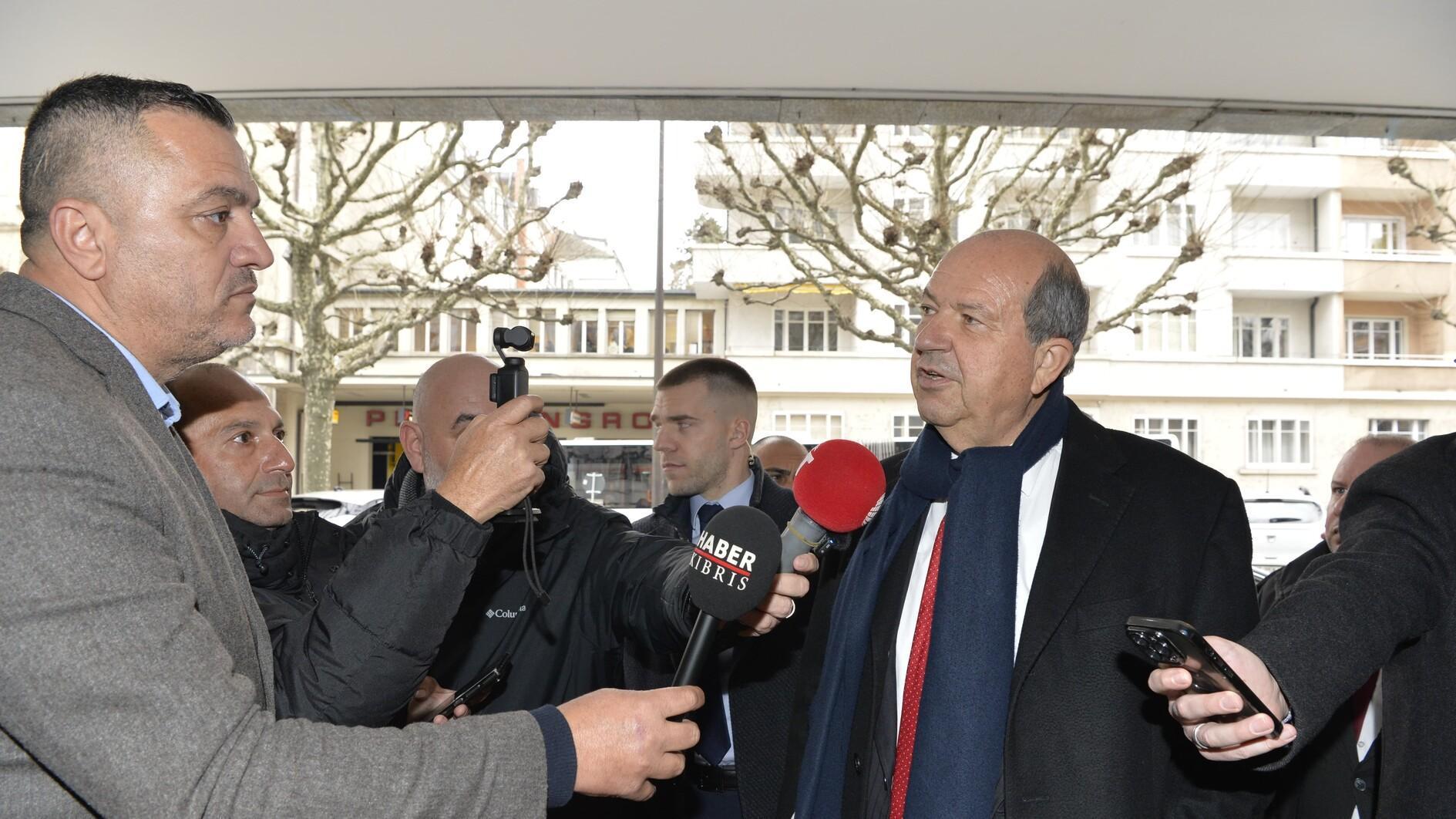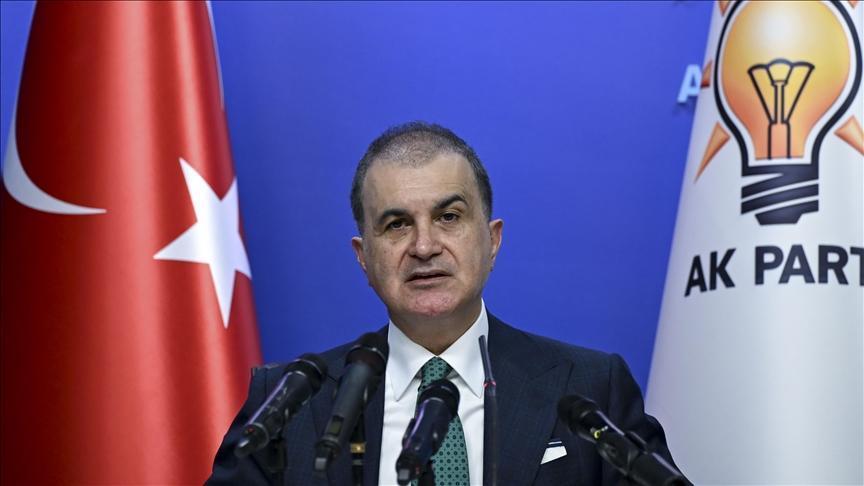Suicide bombers kill at least 78 people at Pakistan church
PESHAWAR - Agence France Presse
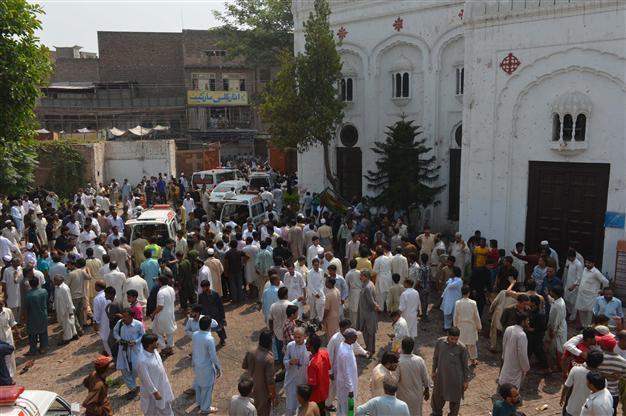
Pakistani Christians gather outside the All Saints Church after two suicide bomb attacks in Peshawar on September 22, 2013. AFP Photo
A pair of suicide bombers blew themselves up outside a 130-year-old church in Pakistan after Sept. 22 Mass, killing at least 78 people in the deadliest attack on Christians in the predominantly Muslim South Asian country.Violence has been on the rise in Pakistan in past months, undermining Prime Minister Nawaz Sharif's efforts to tame the insurgency by launching peace talks with the Pakistani Taliban.
An assault of this scale is certain to give ammunition to Sharif's critics who are against his peace initiative and believe militants have to be tackled by tough military action.
Explosions struck the historic white-stone All Saints Church in the city of Peshawar as hundreds of parishioners, many of them women and children, streamed out of the building.
"I heard two explosions. People started to run. Human remains were strewn all over the church," said one parishioner, who only gave her first name, Margrette.
Her voice breaking with emotion, she said she had not seen her sister since the explosions ripped through the gate area outside the Anglican church.
Interior Minister Chaudhry Nisar Ali Khan said the death toll of 78 included 34 women and seven children, in remarks televised live from Peshawar. More than 100 were wounded.
"Who are these terrorists killing women and children?" Nisar said.
Taliban linked group claims attack
The Taliban-linked militant group TTP Jundullah claimed responsibility within hours of the attack.
"They are the enemies of Islam, therefore we target them," said the group's spokesman, Ahmed Marwat. "We will continue our attacks on non-Muslims on Pakistani land."
Christians make up about four percent of Pakistan's population of 180 million and tend to keep a low profile in a country where Sunni Muslim militants frequently bomb targets they see as heretical, including Christians, Sufis and Shiites.
The attacks could complicate efforts by Sharif to engage militants in meaningful peace negotiations at a time when roadside bombs, targeted killings and suicide attacks continue unabated.
"The Prime Minister said that terrorists have no religion and targeting innocent people is against the teachings of Islam and all religions," his office said in a statement.
"He added that such cruel acts of terrorism reflect the brutality and inhumane mind set of the terrorists."
Densely populated Christian area
Attacks on Christian areas occur sporadically around the country but the ssault, in a densely populated Christian residential area in the old walled city in Peshawar, was the most violent in recent history.
In 2009, 40 houses and a church were set ablaze by a mob of 1,000 Muslims in the town of Gojra in Punjab province. At least seven Christians were burnt to death. Seventeen Christians were killed in an attack on a church in Bahawalpur in 2001.
Some residents, enraged at the lack of adequate security at the church, took to the streets immediately after the attack, burning tyres and shouting slogans.
Shops were closed in the Kohati Gate area where several other churches are located.
"Terrorists have not spared mosques, temples and churches. Please have mercy on us," one man outside the church, his face distorted by fear and anger, told Pakistan's private Geo television channel.
Protests by Christians were also reported in other cities including the violent port city of Karachi and Multan.
A bomb disposal security source said there were two explosions carried out by a pair of attackers. More than 600 parishioners were inside the church for the service.


